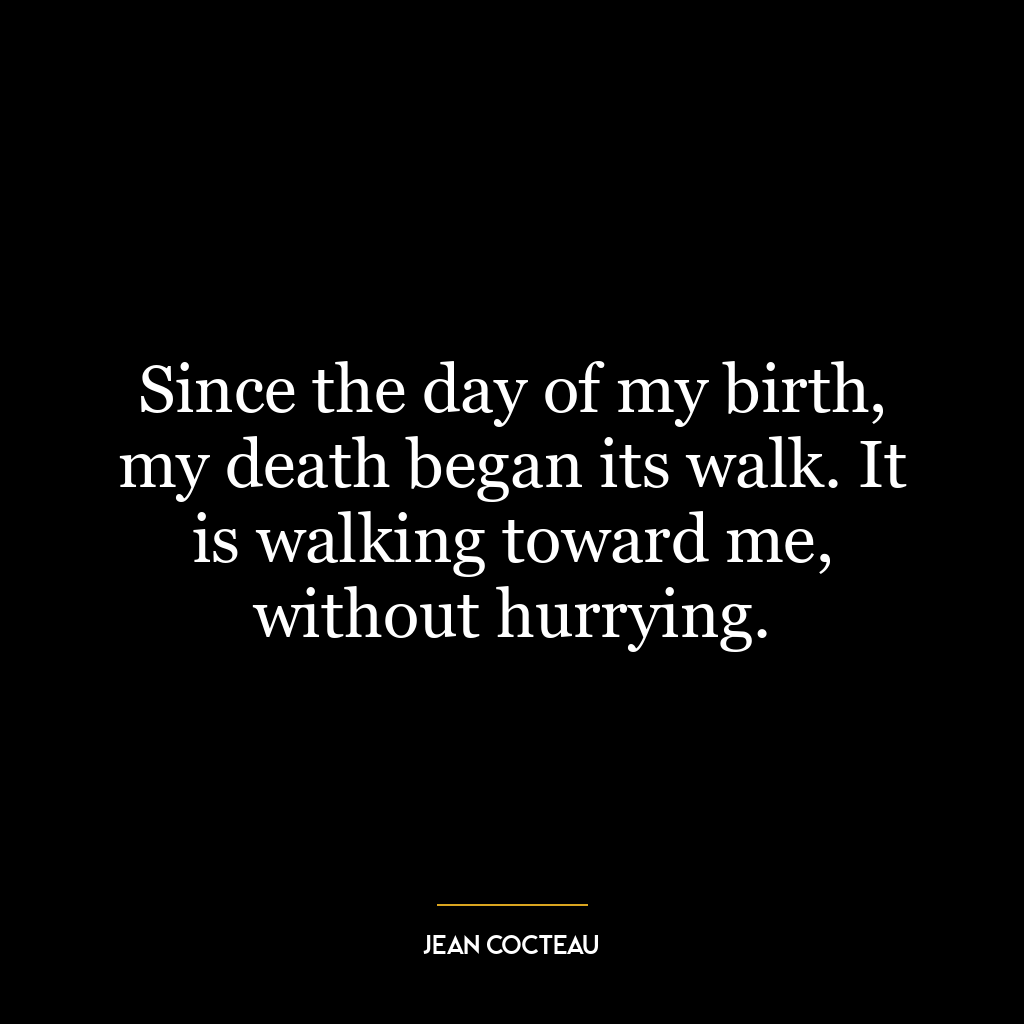A thousand years may scare form a state. An hour may lay it in ruins.
This quote by Lord Byron highlights the fragility and impermanence of human creations, in this case, a state or a nation. It emphasizes how much time, effort, and labor it takes to build something substantial and meaningful. A thousand years represent the accumulation of culture, tradition, systems, and structures that shape a state. It’s a collective endeavor that spans generations, each contributing to the evolution and growth of the state.
However, the second part of the quote starkly contrasts this idea. It suggests that despite taking a millennium to build, a state can be destroyed within an hour. This could be interpreted literally, as in the case of war or natural disasters, or metaphorically, referring to rapid political, social, or economic changes that can destabilize a nation.
Applying this to the modern world, we see that countries and societies are continuously evolving, shaped by the actions of their leaders and citizens. But they’re also vulnerable to rapid, destructive changes. For instance, the economic impact of the COVID-19 pandemic has devastated even the most robust economies in a short span of time, demonstrating the fragility Byron speaks about.
In terms of personal development, this quote can serve as a powerful reminder of the value of patience, persistence, and long-term effort in building something worthwhile – be it a skill, a career, or a relationship. Yet, it also warns of the ease with which our accomplishments can be undone by carelessness, recklessness, or simply unforeseen circumstances. It underscores the importance of resilience, adaptability, and preparedness for change.















